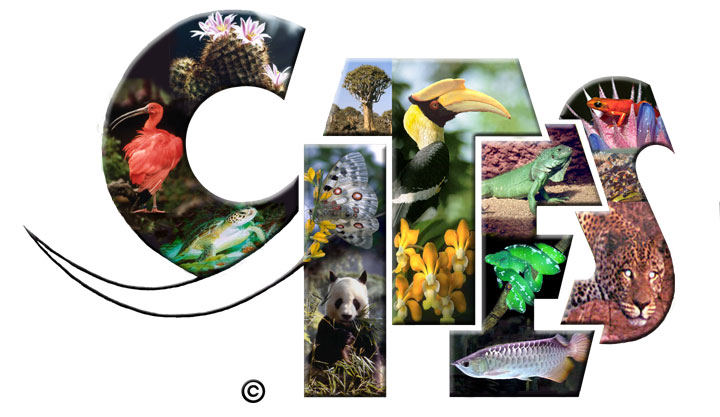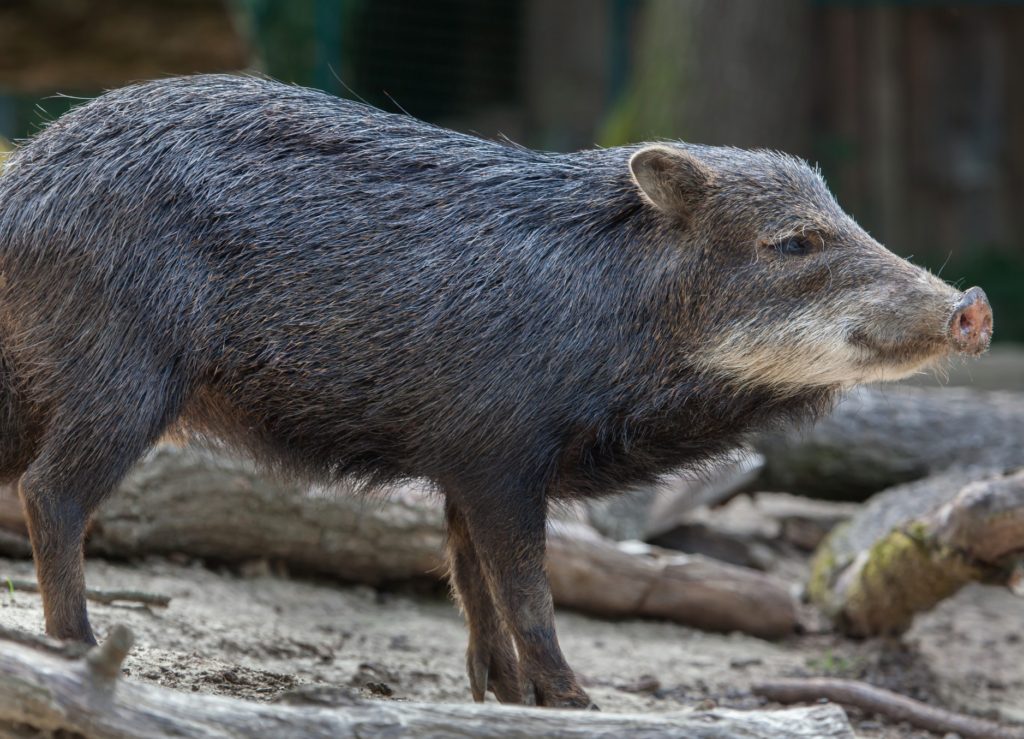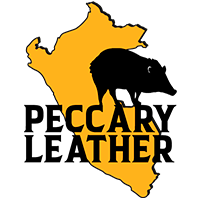At PECCARY LEATHER SAC, we make a conscious effort to ensure our skins are sourced in a sustainable manner. We adhere to the international Export trade agreements CITES (The Convention on International Trade in Endangered Species of Wild Fauna and Flor). This ensures that all the skins we sell are not from Illegal sourcing that would harm the wildlife population.
What is CITES and why is it important?

CITES is the most recognizable organization in the management of the exotic skin trade. CITES is an international agreement between the governments of nearly 200 member countries aiming to ensure that international trade in specimens and plants does not threaten their survival.
The CITES resolution was adopted at the 1963 IUCN meeting and entered into force on July 1st 1975, in response to the steep decline of populations of various animal species due to trade.
CITES, based in Switzerland, works by subjecting trade in CITES-listed species to certain protections, a combination of licenses, permits, quotas and other rules designed to conserve the species’ survival in their various circumstances. One or more authority is responsible for managing the set of rules that apply to each species (for example, a country’s wildlife agency) and one or more scientific authority is responsible for designing the policies that protect those species (for example, IUCN). CITES sets the minimum standard for the trade of each species and then each member country can layer its own rules on top of that to protect their own priorities and account for its limitations.
Nearly 6,000 species of animals and 30,000 species of plants are protected by CITES. Depending on the degree of protection they need, CITES species are broken into three categories:
- Appendix I contains species threatened with extinction under which trade is only acceptable under extraordinary circumstances.
- Appendix II species are not in danger but must be trade-controlled to prevent exploitation. This category includes about 1,400 animal species and 25,000 plant species. Peccary belongs to this appendix.
- Appendix III fauna and flora are protected in at least one country, and so CITES countries participate in controlling its trade. There are about 270 animal species and 30 plant species listed under Appendix III.
Exporting products containing specimens from Appendix I and II requires an export permit. For Appendix III species, an export permit is needed if the species is originating from the country that listed it as Appendix III.
CITES also issues re-export licenses for certain species under Appendix II and III. A re-export permit is needed when exporting specimens that were previously imported, whether as skins or finished goods. An example of this would be if exotic skins are exported from the USA to Italy, goods are manufactured from the skins in Italy and then those finished goods are re-exported to the USA to be sold in stores.
How is Peccary Leather sustainable sourced?

PECCARY LEATHER SAC only gets skins from the jungle from certified collectors and those skins come with a SERFOR’s guide certificate. SERFOR is the Peruvian authority in charge of Wildlife.
All the skins collected in the jungle come from subsistence hunting, this mean, the indigenous communities hunt this animal for their meat as it is one of the principal sources of protein in their feeding and the skins are byproducts so, the communities see the opportunity of selling these raw skins as to get some income allowing them access to essential services and products like water, electricity and food among others.
Peccaries have a yearly quota established by SERFOR which ensures the species population is not in danger of extinction.
PECCARY LEATHER Mission Statement

PECCARY LEATHER SAC is fully aware of its responsibility towards its employees, supply chain partners and customers, and recognizes the critically important role that people play in the success of the business.
PECCARY LEATHER SAC is committed to achieving the very highest quality standards whilst driving more sustainable outcomes and minimizing the environmental impact of our operations. We recognize that by integrating sound environmental practices into all aspects of our business, we can offer exceptional, luxury products whilst striving to conserve and regenerate our world for generations to come.
Positive Actions
- PECCARY LEATHER SAC ensures the communities get the different supplies for bettering their livelihoods.
- We have been approved by SERFOR our CITES institution to export the leather based on sustainability practices.
- Most of our packaging is completely recyclable.
- PECCARY LEATHER SAC promotes equal pay.
- PECCARY LEATHER SAC improves the lives of the Amazon communities by teaching them about the peccaries and good preservation of the raw skins.
